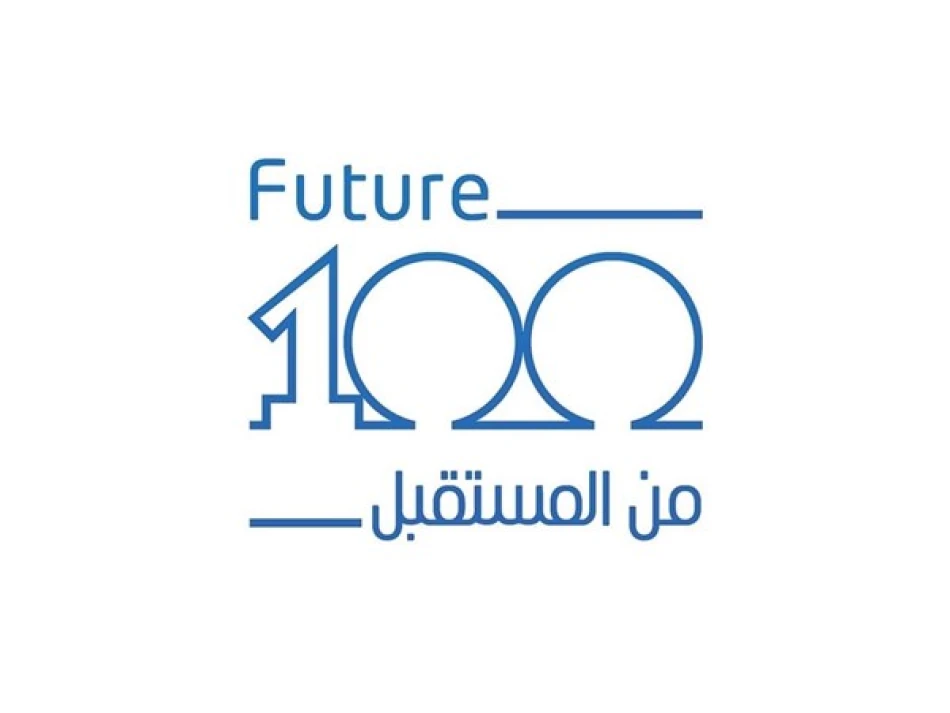
UAE Launches 3rd Edition of '100 Future Companies' with $100M Investment, Fostering Innovation
UAE Doubles Down on Future Economy with Third Edition of "100 Companies of the Future" Initiative
The UAE has launched the third iteration of its ambitious "100 Companies of the Future" initiative, targeting startups and scale-ups across 16 new economy sectors. With applications now open until October, the program represents a strategic bet on knowledge-based innovation as the Emirates positions itself as a global hub for next-generation businesses. Since its 2022 launch, the initiative has already channeled nearly $100 million in venture capital into over 40 participating companies.
Strategic Focus on New Economy Sectors
The 2025 program casts a wide net across emerging industries, accepting applications from companies operating in advanced manufacturing, agtech, biotech, creative industries, cybersecurity, edtech, foodtech, fintech, healthtech, HR technology, smart mobility, legaltech, proptech, renewable energy, space technology, and sustainability sectors.
This comprehensive approach reflects the UAE's understanding that future economic dominance won't come from any single breakthrough technology, but from building ecosystems across multiple high-growth verticals. The strategy mirrors Singapore's approach to economic diversification, though the UAE's focus on space and advanced manufacturing suggests ambitions beyond traditional financial and logistics hubs.
Market Positioning and Global Competition
The initiative places the UAE in direct competition with established startup ecosystems like Singapore's Smart Nation program and Hong Kong's fintech initiatives. However, the Emirates brings unique advantages: proximity to high-growth Middle Eastern and African markets, substantial sovereign wealth backing, and increasingly favorable regulatory frameworks for emerging technologies.
Abdullah bin Touq, Minister of Economy and Tourism, emphasized the program's role in supporting innovative projects and encouraging the adoption of modern technology applications across vital economic sectors. The minister's comments signal continued government commitment to diversifying away from oil dependency through technology-led growth.
Investor Access and Capital Formation
The program's value proposition extends beyond recognition. Selected companies gain access to a network of 38 strategic partners, including the National Fund for Social Responsibility "Majra," Abu Dhabi Economic Development Department business accelerators, Dubai Future District Fund, Emirates NBD, and international players like Microsoft and EY.
This partnership structure addresses a critical challenge facing emerging market startups: access to both capital and expertise. The $100 million invested across 40 companies since 2022 represents meaningful scale, though it pales compared to the billions flowing through Silicon Valley or Chinese tech hubs.
Beyond Capital: Strategic Market Access
Perhaps more valuable than funding is the program's emphasis on market access. Selected companies participate in over 15 trade delegations, connecting them with regional and global investors. For startups targeting Middle Eastern and African markets, this government-backed business development represents a significant competitive advantage.
Ohood bint Khalfan Al Roumi, Minister of State for Government Development and the Future, positioned the initiative as more than a showcase for national success stories, describing it as a strategic tool for enabling entrepreneurs capable of driving change.
Economic Diversification Through Innovation
The timing of this third iteration reflects broader regional trends. As oil prices remain volatile and global energy transition accelerates, Gulf states are racing to build knowledge-based economies. The UAE's approach appears more systematic than Saudi Arabia's mega-project strategy, focusing on nurturing existing entrepreneurial talent rather than importing entire industries.
The program's emphasis on sustainability and renewable energy sectors aligns with the UAE's hosting of COP28 and its Net Zero by 2050 commitment. This creates potential synergies between climate goals and economic diversification that could prove attractive to ESG-focused international investors.
Challenges and Market Reality
Despite government backing, UAE startups face structural challenges including limited local talent pools, dependence on expatriate entrepreneurs who may lack long-term commitment, and competition from more established ecosystems. The success of this initiative will ultimately depend on whether these 100 companies can achieve sustainable growth and attract follow-on investment from commercial sources.
The October application deadline suggests the government expects significant interest, but the real test will be the quality of applications and the program's ability to identify genuinely scalable businesses rather than lifestyle companies seeking government support.
For investors, the initiative represents a curated deal flow opportunity in a region where due diligence can be challenging. The government's endorsement provides some risk mitigation, though commercial viability remains the ultimate determinant of success.
Most Viewed News

 Layla Al Mansoori
Layla Al Mansoori






